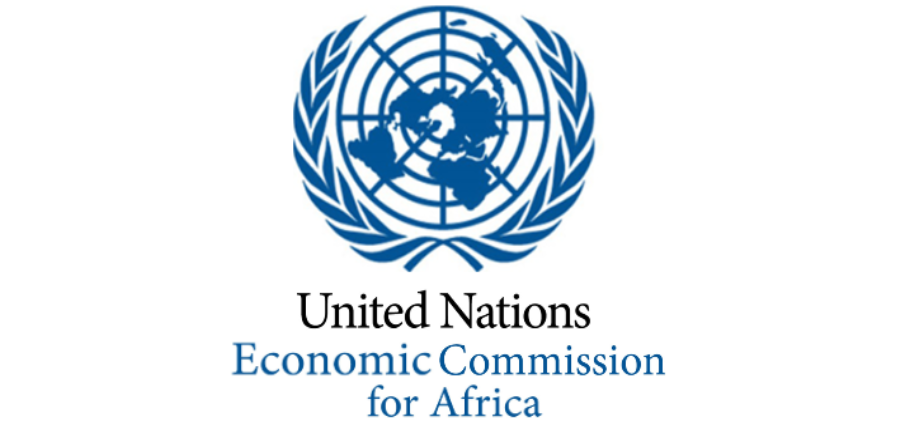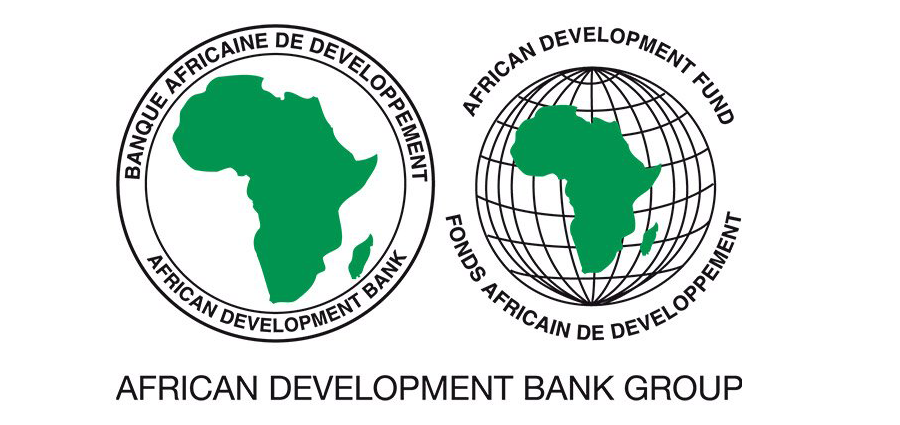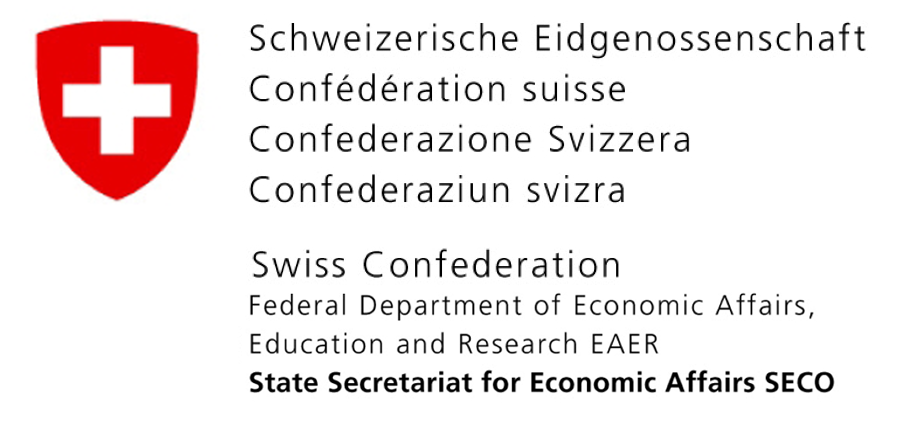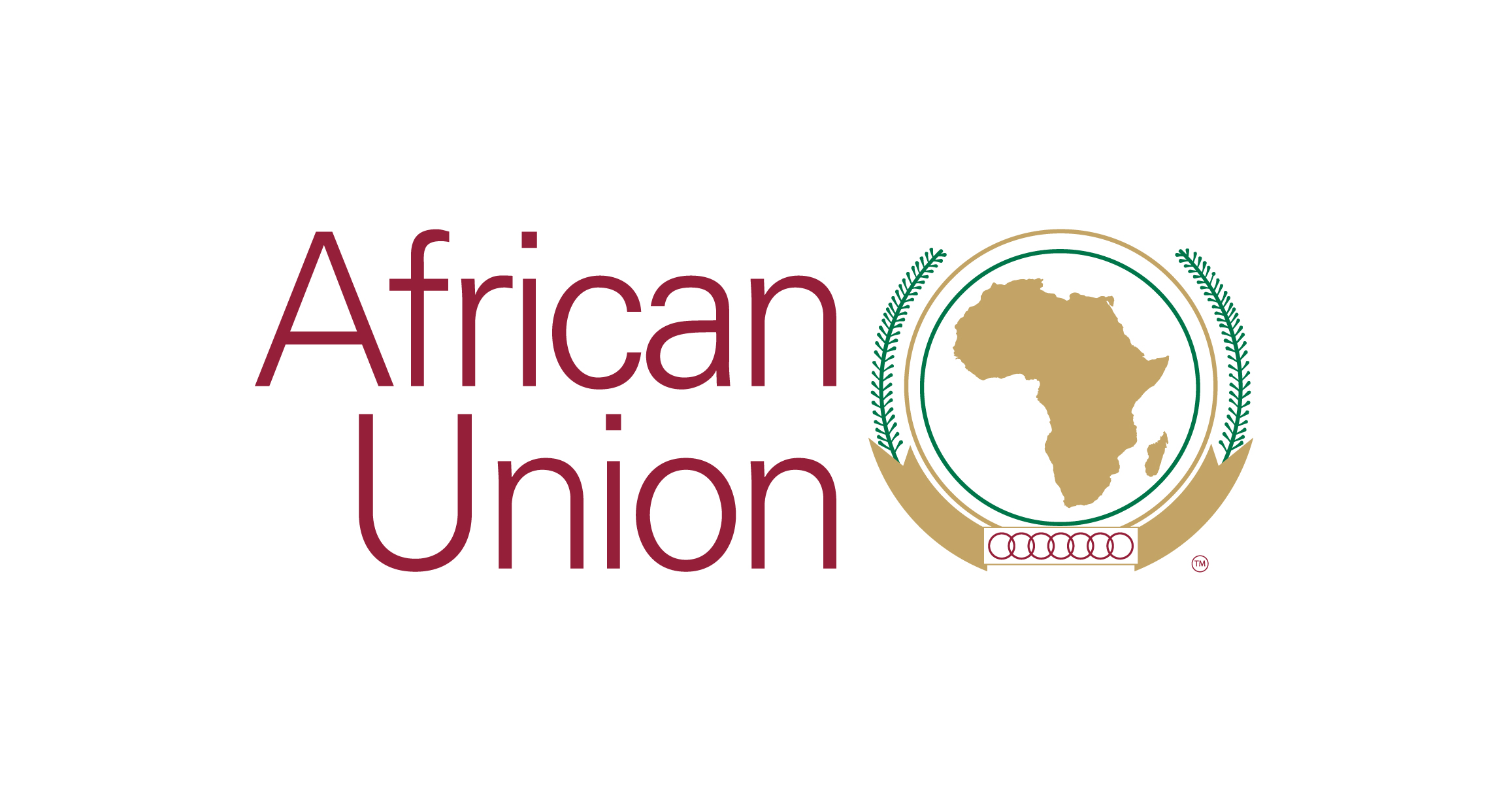Institutions in Motion: Learning from the Experience of Urban Mobility Organizing Authorities in Sub-Saharan Africa
This SSATP report provides a comprehensive analysis of urban mobility organizing authorities in Sub-Saharan Africa.
AUMA's Second General Assembly Sets Ambitious Path for the Future of Urban Mobility in Africa
Within Africa's evolving urban mobility landscape, the African Association of Urban Mobility Authorities (AUMA) has emerged as a beacon for collaboration, knowledge exchange, and capacity building in the continent. On November 6 and 7, 2023, the nascent association held its second general assembly in the bustling city of Lagos, Nigeria. The event marked a significant milestone in advancing the planning, coordination, regulation, management, and financing of urban transport systems in the region.
A Study of Road Safety Lead Agencies in Africa
Road traffic fatalities and injuries are a global concern acknowledged in the United Nations Sustainable Development Goals (SDGs), an African concern acknowledged in the African Road Safety Charter, and a national concern acknowledged in various country policies and laws. Road safety lead agencies (RSLAs) are responsible for leading national efforts to achieve the national road safety goals, bringing all arms of government and society together to improve safety outcomes.
Mainstreaming an integrated approach to sustainable urban mobility in African cities
- Read more about Mainstreaming an integrated approach to sustainable urban mobility in African cities
Links to the transnational and summary UTM reports:
African Cities Facing the Urban Mobility Crisis: The challenge of national mobility policies in Côte d'Ivoire, Ethiopia, Guinea, Ghana, Kenya, Nigeria, Rwanda and Senegal
This report offers a transnational view of the urban mobility and accessibility context in Africa and focuses on the conditions necessary for implementing urban mobility policies based on good practices and lessons learned globally and in Côte d'Ivoire, Ethiopia, Guinea, Ghana, Kenya, Nigeria, Rwanda and Senegal.
Virtual Workshop on Improving "Informal" Public Transport in Developing Countries
In developing cities, particularly small-to-medium size ones, “informal” public transport or “paratransit” is the main means of personal transportation. The informal public transport sector provides irreplaceable and usually affordable mobility and access, particularly for the poor. It is also a significant source of employment, particularly for migrants from rural areas without the skills or connections to get other jobs. At the same time, the sector suffers from many problems.







